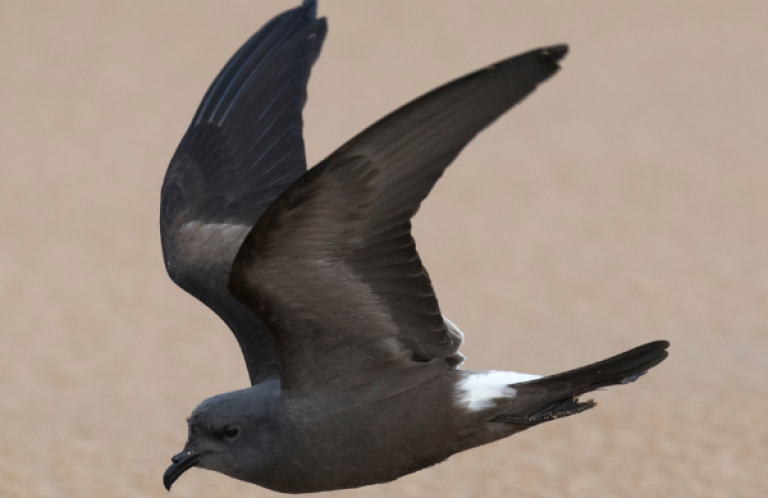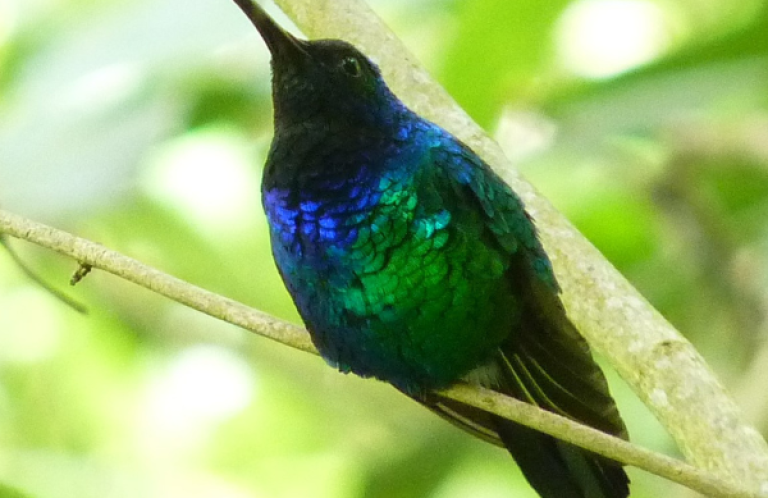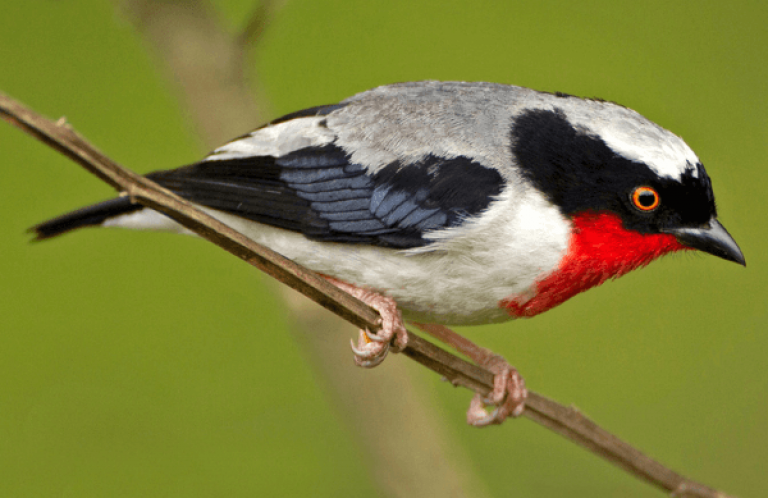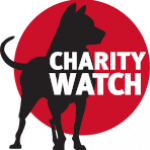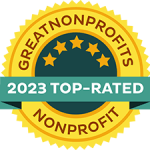EPA Grant Boosts ABC's Push to Curb Gulf Coast Trash and Plastics
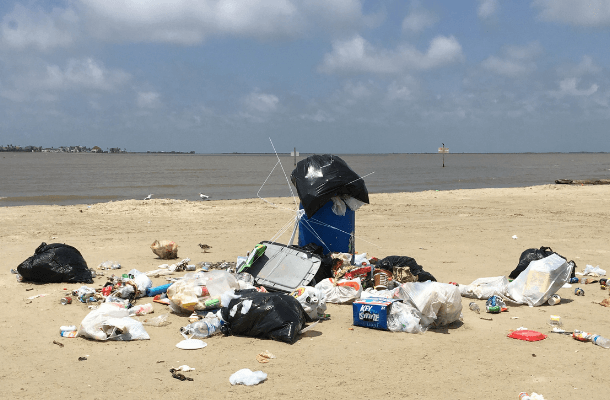
Trash and plastics pose a persistent and growing threat to birds and other wildlife. Photo by Kristen Vale
Plastics and other pollution pose a pervasive danger to birds and the environment. American Bird Conservancy (ABC) is ramping up efforts to address this threat along the Texas Gulf Coast, with support from a new grant from the Environmental Protection Agency's (EPA's) Gulf of Mexico Trash-Free Waters program.1 The three-year project will be led by ABC's recently hired Texas Coastal Outreach Coordinator, Kelly Martin.
“I'm thrilled to be joining ABC and leading such an important effort to keep our upper Texas coasts and waterways free of trash,” says Martin. “By engaging local communities in these efforts, I hope we can foster an appreciation for the incredible ecosystems and species in our own backyard that rely on a healthy, trash-free environment.”
Coastal ecosystems in Texas are home to a number of Species of Greatest Conservation Need (a state designation by the Texas Parks and Wildlife Department), including the Wilson's Plover, Snowy Plover, Least Tern, and Black Skimmer. For nearly a decade, ABC has been a leader in the conservation of breeding and migratory shorebirds and seabirds on the Texas Gulf Coast, addressing threats to these species, including impacts from recreation and development.
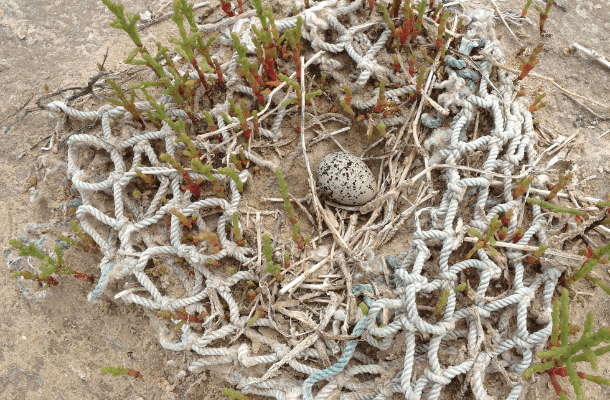
A Wilson's Plover created a nest among this fish net. It is a potential entanglement threat to the adult birds and chick to hatch. Photo by Kristen Vale
Another major threat to birds and other wildlife, as well as people, comes from marine debris, particularly plastics. Shorebirds and seabirds are especially vulnerable because they may consume or become entangled in trash and plastics. Recent research indicates that on the Texas coast, trash accumulates at a rate 10 times faster than on other Gulf states' coasts. In addition, long-term data from the National Oceanic and Atmospheric Administration and the Ocean Conservancy has shown that, compared with other U.S. states, Texas has the highest average weight of debris per mile surveyed.
“ABC's Gulf Coastal Program is excited to launch this effort to make coastal and bay areas in the Galveston-Houston region safer, cleaner, and, overall, better for people and wildlife, including birds. Trash and plastics pollution is a global issue and we are working with communities in Texas to address this threat on the local level,” says Kacy Ray, Gulf Coastal Program Manager.
Over the next three years, in partnership with the Gulf Coast Bird Observatory and Black Cat GIS, ABC will be developing a comprehensive education, outreach, and citizen-science program aimed at reducing trash pollution in coastal areas, bays, and waterways in the heavily populated greater Houston-Galveston region. This includes plans to host beach clean-ups where staff and local community science volunteers will collect, sort, categorize, and record the trash they find — contributing to regional and statewide trash pollution databases. These databases will help to inform how Texas communities can better manage their waste and keep coastal ecosystems clean and bird-friendly.
ABC also plans to develop partnerships with local schools, and to participate in community events that educate students and local communities about how they can make a difference in the fight to curb trash pollution. These education and outreach efforts aim to encourage participation in beach cleanup events, and to inform residents and visitors alike of personal choices that reduce the use of single-use plastics and increase participation in recycling programs, so that less trash finds its way to our coasts.
A long-term goal is to develop best management practices that local municipalities can adopt in order to reduce debris at particularly problematic sites, or to address specific types of trash that appear frequently, such as bottles, fishing line, and cigarette butts.
ABC gratefully acknowledges the following supporters for helping to make this project possible: EPA's Gulf of Mexico Trash-Free Waters program and The Trull Foundation.
1 This project has been funded wholly or in part by the United States Environmental Protection Agency under assistance agreement 01D07120 to American Bird Conservancy. The contents of this document do not necessarily reflect the views and policies of the Environmental Protection Agency, nor does the EPA endorse trade names or recommend the use of commercial products mentioned in this document.
###
Media Contact: Jordan Rutter, Director of Public Relations, 202-888-7472 | jerutter@abcbirds.org | @JERutter
Expert Contact: Kelly Martin, Texas Coastal Outreach Coordinator | kmartin@abcbirds.org
American Bird Conservancy is a nonprofit organization dedicated to conserving birds and their habitats throughout the Americas. With an emphasis on achieving results and working in partnership, we take on the greatest problems facing birds today, innovating and building on rapid advancements in science to halt extinctions, protect habitats, eliminate threats, and build capacity for bird conservation. Find us on abcbirds.org, Facebook, Instagram, and Twitter (@ABCbirds).





































